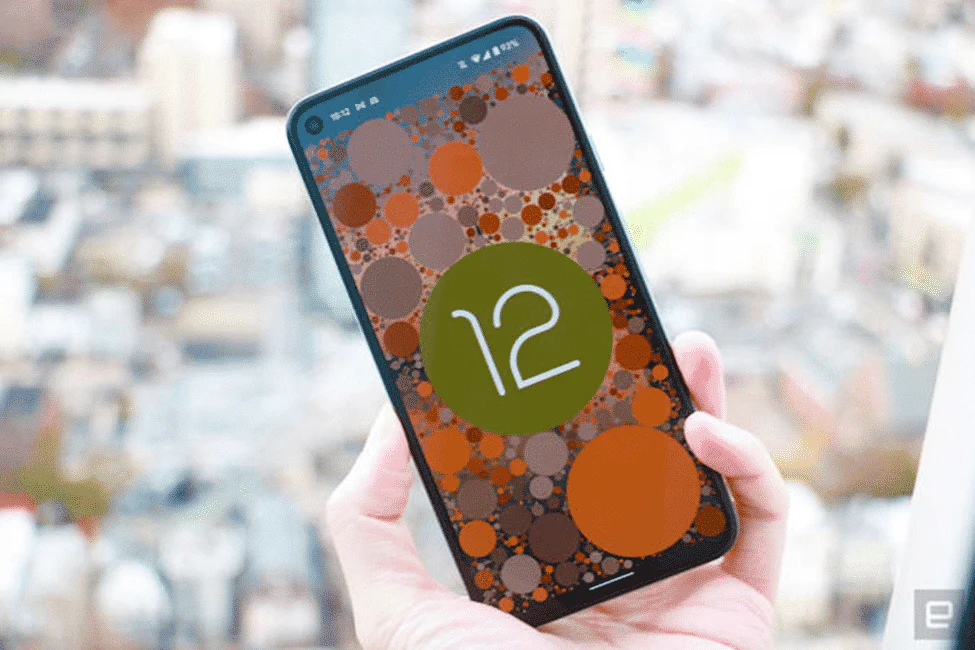
Google is Working on a Way to Distribute Advertisements to Android users while Limiting Monitoring
Share
It is Attempting to do the same on the Internet.

While Apple continues to improve its anti-tracking capabilities on iOS and Google refines its Privacy Sandbox for presenting targeted web advertising without third-party cookies, it's time for Android to shine. Google has announced a "multi-year endeavour to establish the Privacy Sandbox on Android, with the goal of introducing new, more private advertising alternatives," according to the company.
The current Privacy Sandbox is a collection of recommendations that Google believes will eventually evolve into a set of open standards that the industry will accept. FLoC (or Federated Learning of Cohorts) was one of the main ways Google proposed last year, which would join people with thousands of other users who had similar browsing histories.
Last month, Topics API took its place, allowing Chrome to utilize your browsing history to serve publishers a list of five subjects it thinks you'll be interested in, based on your browsing behavior.
This shows the current fluidity of Privacy Sandbox, which is currently a collection of ideas. "These solutions will limit sharing of user data with third parties and operate without cross-app identifiers," stated Anthony Chavez, vice president of product management for Android security and privacy, in a statement released today. Advertising IDs are one example of this. "We're also looking on technologies that decrease the potential for covert data collecting, such as safer ways for apps to integrate with advertising SDKs," Chavez said.

However, no real tangible procedures are currently being used, and Google is still in the design and testing stages. Developers can "see our early design suggestions and give input on the Android developer site starting today," according to the company. "Developer previews will be released throughout the year, with a beta release by the end of the year," it says. "Regular updates on designs and timing," Google guaranteed.
Meanwhile, the business stated that it will "maintain existing advertisements platform capabilities for at least two years, and we want to provide substantial notice ahead of any future changes."
Today, Google acknowledged that "other platforms have taken a different approach to ad privacy," referring to Apple's approach on iOS (without identifying the iPhone maker). That strategy, however, is described by Chavez as "blankly banning existing technology utilized by developers and advertisers." The company argues that businesses still need a mechanism to provide targeted ads to users and ensure that those ads are relevant.
"We recognize this project need participation from across the industry to thrive," Chavez continued, and the business included words from a number of partners in its news release today. Snap, Duolingo, Rovio, Activision Blizzard, and seven other app developers all shared similar feelings about honoring Android app customers' privacy demands.
The EU and the UK have both scrutinized Google's Privacy Sandbox, with the latter's Competition and Markets Authority (CMA) accepting Google's newest recommendations last week.
Clearly, there is much work to be done while the internet's behemoths and the ad industry figure out how to best combine tailored ads and user privacy, and Google's inclusion of Android in its deliberations comes at a crucial time.

